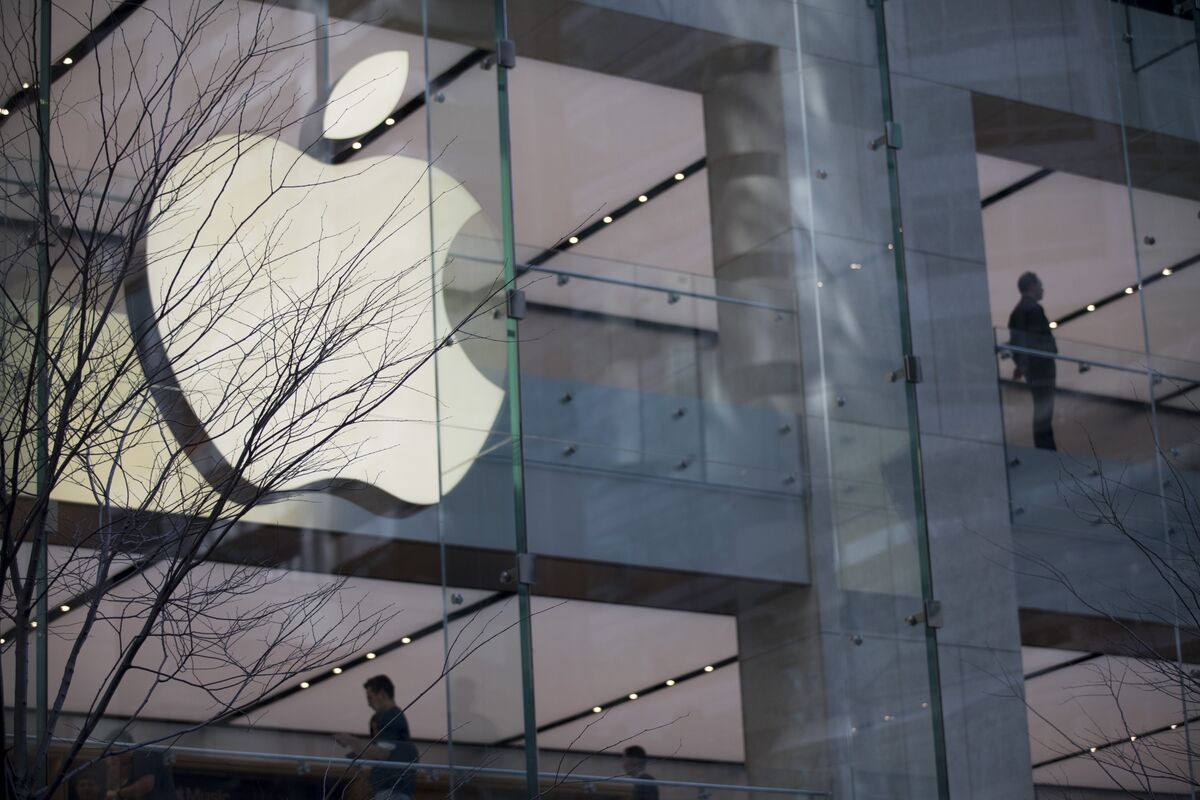The recent Apple investor fraud class-action lawsuit has sent shockwaves through the tech community. At the heart of the case are allegations that Apple misled investors about its artificial intelligence strategy, specifically the AI enhancements promised at WWDC 2024. Investors accuse Apple of inflating expectations and failing to deliver, triggering claims of securities fraud. This article explores the details, implications, and lessons emerging from this high-stakes legal battle.
Background Of The Apple Investor Fraud Case
The dispute began with a lawsuit filed under the title Tucker v. Apple Inc. et al, registered on June 23, 2025, in the U.S. District Court for the Northern District of California. Lead plaintiff Eric Tucker, representing shareholders, alleges that Apple executive, including CEO Tim Cook, current CFO Kevan Parekh, and former CFO Luca Maestri, made inflated promises around Apple Intelligence, Apple’s branding for its AI capabilities. These remarks were made official during WWDC in June 2024, generating enormous hype.
According to the complaint, Apple claimed advanced AI integration was coming soon across its product line, including Siri improvements. But a key moment came on March 7, 2025, when Apple announced a delay of Siri enhancements to 2026, revealing that the promised AI features were still in early stages, and no functional prototypes existed. This led to investor anger and allegations that Apple had misrepresented progress, artificially inflating its stock price.
Stock Impact And Alleged Investor Fraud
Apple shares peaked at record highs on December 26, 2024, only to fall nearly 25% over the next six months. This drop wiped out roughly US$900 billion in market capitalization, an unprecedented loss. Investors say they were misled into believing Apple had made significant AI breakthroughs, which drove share prices higher. When the delay announcement hit, investor confidence plummeted, triggering significant losses.
This sequence of events forms the backbone of the Apple investor fraud allegations. The plaintiffs argue that Apple's public disclosures and promotional activities created false and misleading impressions about AI readiness, constituting securities fraud under U.S. law.
Historical Context And Legal Precedents
This is not Apple's first brush with investor lawsuits. In March 2024, Apple settled a separate securities class-action for US$490 million, related to allegations that Tim Cook misrepresented iPhone demand in China. That settlement followed a string of sharp warnings and a 10% stock drop tied to revenue projections, showing that Apple has faced investor mistrust before.
The current lawsuit mirrors that case in tone: investors claim Apple repeatedly portrayed products or features as stronger than they were, pushing stock prices higher before reality set in. The recurring pattern raises questions: is Apple too focused on hype, and too slow on follow-through?
Regulatory And Disclosure Implications
If the court finds for the plaintiffs, Apple could face billions in damages and new scrutiny over its disclosure practices. Under U.S. securities law, companies must fully and truthfully disclose material information. The plaintiffs argue that Apple withheld material information by failing to share that its AI features were incomplete, inconsistent with investor expectations.
Furthermore, the fact that CEO Tim Cook and CFO-level executives are named defendants indicates the seriousness of the case. This suggests investors believe misrepresentations were systemic, rising up to top management.
Risks, Reputation, And Investor Fraud Outlook
The Apple investor fraud case raises broader issues:
- Corporate Trust: Repeated lawsuits may erode investor confidence across Apple and other tech giants.
- AI Hype Reflex: As AI becomes central to product roadmaps, companies might feel pressure to promise big, risking misrepresentation.
- Policy Ripples: Regulators may scrutinize forward-looking statements more closely, enforcing clearer frameworks for AI claims.
- Stock Volatility: Investor sentiment on AI development timelines could cause sharper ups and downs in stock valuations.
Various analysts are monitoring whether Apple’s next earnings call will attempt to reset expectations on AI timelines. Investors are likely watching carefully for upgraded guidance or more precise disclosures.
What Investors And Consumers Should Know
For investors:
- Do not rely solely on product announcements or CEO statements, conduct independent due diligence.
- Track progress: delays or quiet signals may indicate slower development.
- Watch regulatory signals: the SEC may issue new guidance following this case.
For consumers:
- AI features marketed as coming "this year" may not be available when expected.
- Companies may exercise caution in marketing roadmaps to avoid legal risks.
- Demand transparent progress updates and offline timelines.
What Lies Ahead
Legal battles like this can last months or years. Typical outcomes include:
- Dismissal, if the court finds the statements were not misleading.
- Settlement, possibly ranging from hundreds of millions to over a billion dollars.
- Changes in disclosure style: Apple may adopt more conservative and careful language in all product roadmaps.
Regardless of the outcome, this lawsuit will likely influence how technology companies discuss AI. Investors, consumers, and market watchers will take note.
Conclusion
The Apple investor fraud case highlights serious tensions in modern tech: the drive to compete, hype emerging technology, and investor risk. When promises outpace reality, shareholders may suffer, and legal consequences follow. Apple now faces another test of trust under scrutiny. The ultimate impact depends not just on court rulings but on whether the company restores credibility, by aligning marketing claims with development timelines.
Read More






 Saturday, 28-02-26
Saturday, 28-02-26







